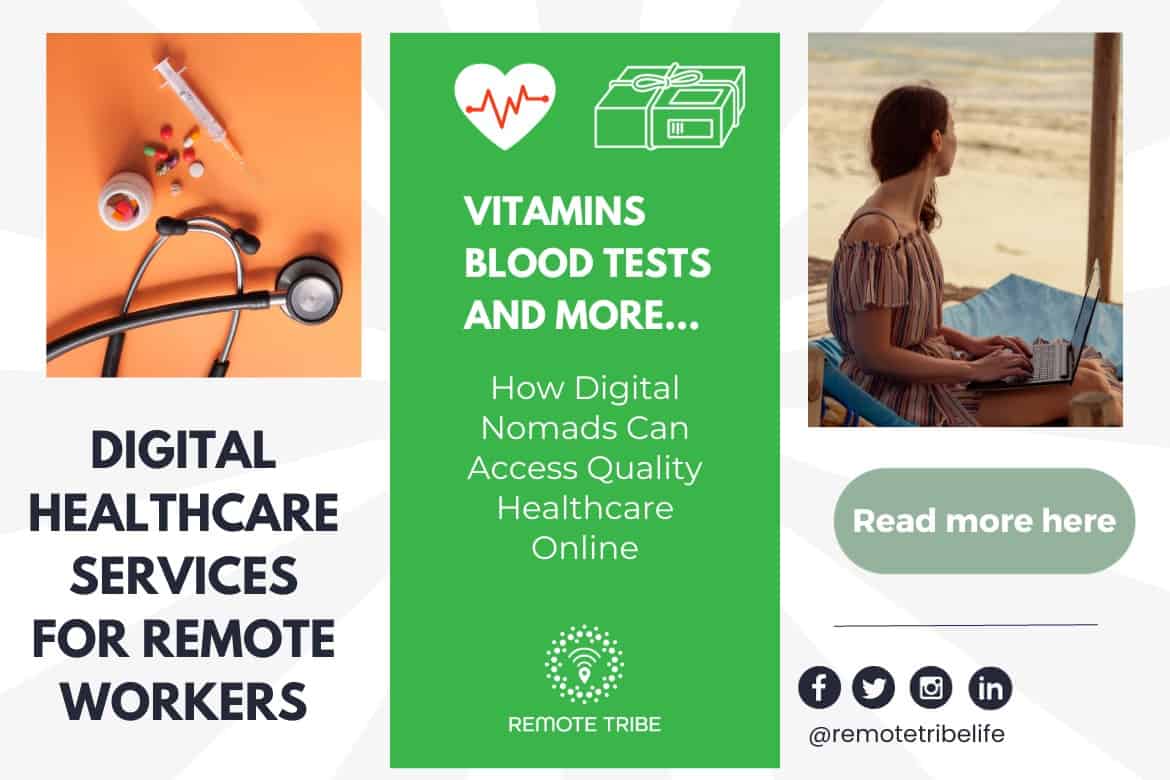Understanding the Cost Savings of Subscription Based Healthcare for Families
Understanding the Cost Savings of Subscription Based Healthcare for Families
Blog Article
The Rise of Subscription-Based Healthcare and Its Effect On Individual Care
As healthcare develops, the subscription-based model is gaining traction, promising to revolutionize client care by offering predictability and ease of access. The possibility for these models to reshape health care distribution elevates pushing questions regarding their long-term sustainability and inclusivity. Are these registration solutions the future of health care, or do they run the risk of leaving vulnerable populaces behind?
Recognizing Membership Health Care Versions
Comprehending the idea of membership health care versions involves examining a transformative approach to clinical services that highlights cost and access. These models, often referred to as straight primary treatment (DPC) or attendant medicine, have become innovative options to standard fee-for-service health care systems. Subscription medical care allows people to pay a set month-to-month or yearly charge for a defined set of clinical services, which might include unrestricted workplace brows through, routine examinations, and standard lab examinations, without the demand for traditional insurance billing.
The structure of membership health care models is developed to simplify patient care by getting rid of third-party payers and complicated invoicing codes, therefore decreasing management burdens. Medical care providers can focus a lot more on individual treatment, cultivating more powerful patient-provider partnerships. This design likewise promotes preventative care by urging routine brows through, as the economic barrier of per-visit charges is removed.
The membership model typically equips health care suppliers to handle smaller individual panels, permitting more personalized care. It aligns monetary rewards with individual health and wellness outcomes, as companies are inspired to preserve patient satisfaction and wellness. On the whole, comprehending registration health care versions calls for acknowledging their prospective to reshape exactly how care is supplied and accessed.
Advantages for Clients and Carriers

With a consistent revenue stream, medical care experts can dedicate more time to each person, leading to a more individualized and complete treatment experience. The emphasis on preventative care within subscription plans can lead to far better person end results and decreased long-lasting health care prices.
Difficulties and Problems
While subscription-based health care designs existing countless advantages, they also feature a collection of challenges and issues that should be dealt with. Ease of access continues to be a considerable problem, as these models commonly target people who can manage month-to-month fees, possibly omitting low-income populations. This elevates ethical inquiries regarding fair accessibility to medical care services. In addition, the diverse nature of registration strategies can bring about confusion among individuals relating to insurance coverage specifics, potentially resulting in unmet expectations or insufficient care.
Financial sustainability of subscription-based models is one more issue. Carriers need to stabilize the learn the facts here now fixed earnings from subscriptions with the variable expenses of medical care services, which may vary because of unanticipated clinical requirements. This can develop pressure to restrict solutions or boost charges, possibly impacting client fulfillment and care high quality.
Additionally, regulatory oversight of subscription-based healthcare models is still developing. The absence of standard frameworks can result in irregular solution top quality and responsibility, making complex initiatives to make certain person defense. Lastly, the integration of innovation-- commonly a cornerstone of these models-- elevates inquiries regarding data privacy and safety, as delicate person information might be susceptible to violations. Dealing with these difficulties is essential for the effective and fair execution of subscription-based Discover More Here health care.
Effect On Patient-Doctor Relationships
One considerable influence of subscription-based medical care versions on patient-doctor connections is the potential for improved connection and personalized care. By adopting a membership model, doctors can manage a smaller individual panel, enabling more dedicated time with each individual. This increased accessibility promotes a much deeper understanding of a patient's case history, lifestyle, and preferences, allowing extra tailored therapy plans and interventions.

However, it is vital to identify that while subscription-based models might benefit those that can afford them, they can unintentionally widen medical care variations. Patients that are unable to take part in these versions could experience lower access to customized care, have a peek at this site possibly affecting their relationships with healthcare companies. Thus, while the subscription model offers encouraging benefits for patient-doctor connections, it likewise positions challenges that require to be dealt with to make sure equitable health care gain access to.
Future of Health Care Gain Access To

The role of innovation can not be overlooked in this makeover. Telemedicine platforms and electronic health records help with smooth interaction between patients and health care companies, damaging down geographical and logistical obstacles. Furthermore, developments in expert system and data analytics can additionally customize treatment by forecasting person demands and enhancing treatment plans.
Nonetheless, the future of medical care gain access to also presents obstacles, such as making certain equity throughout different socio-economic teams. Policymakers and doctor have to work together to link the electronic divide, making certain that subscription-based versions stay inclusive and economical. As these systems develop, they hold the guarantee of making healthcare a lot more available, efficient, and patient-centric.
Verdict
Subscription-based health care models are reshaping person care by supplying a stable expense framework and enhancing availability. These models enhance patient-provider partnerships through individualized treatment and regular brows through, emphasizing preventative health and wellness. Regardless of these benefits, difficulties such as access issues for low-income populations and the requirement for fair medical care solutions continue. The surge of subscription-based healthcare motivates positive person engagement, which has the potential to enhance individual end results and fulfillment, signifying a transformative change in health care shipment.
As healthcare develops, the subscription-based model is gaining traction, assuring to revolutionize patient treatment by offering predictability and access.Subscription-based medical care versions use distinctive advantages for both clients and companies, enhancing the overall healthcare experience.As medical care systems progress, the future of health care access regularly hinges on the integration of cutting-edge designs and technologies.Subscription-based medical care versions are reshaping patient treatment by supplying a stable price structure and improving ease of access. The rise of subscription-based medical care encourages aggressive client involvement, which has the prospective to boost individual outcomes and contentment, indicating a transformative change in health care distribution.
Report this page